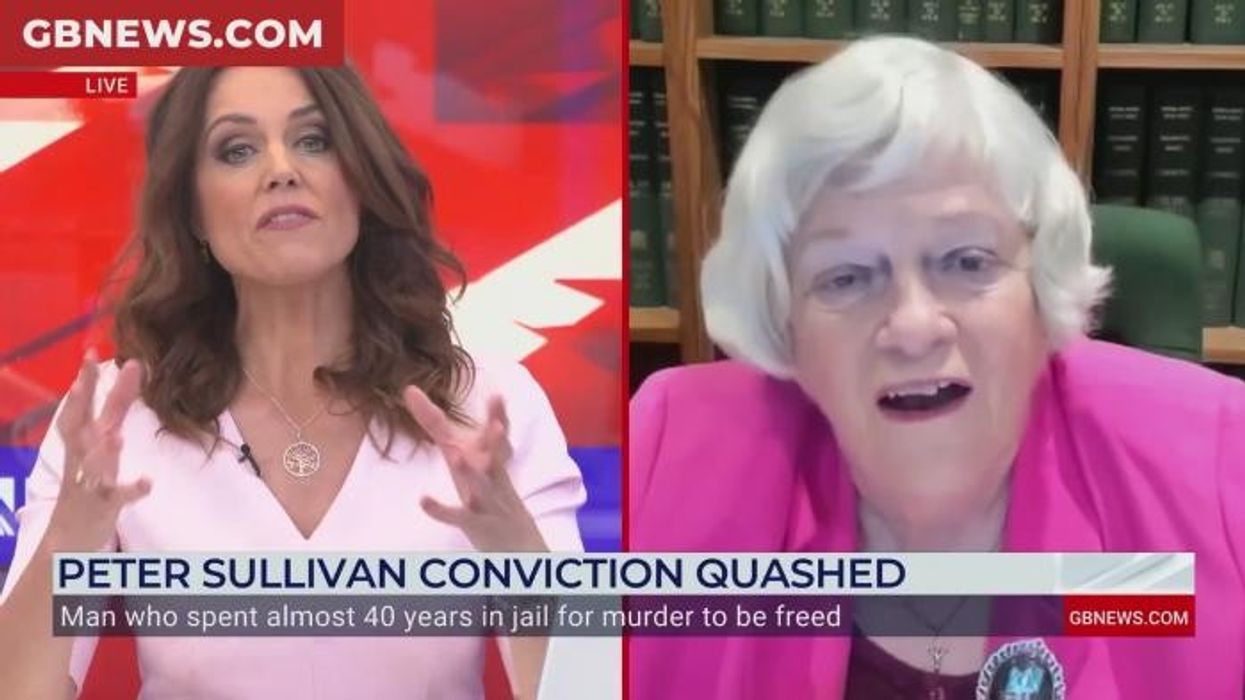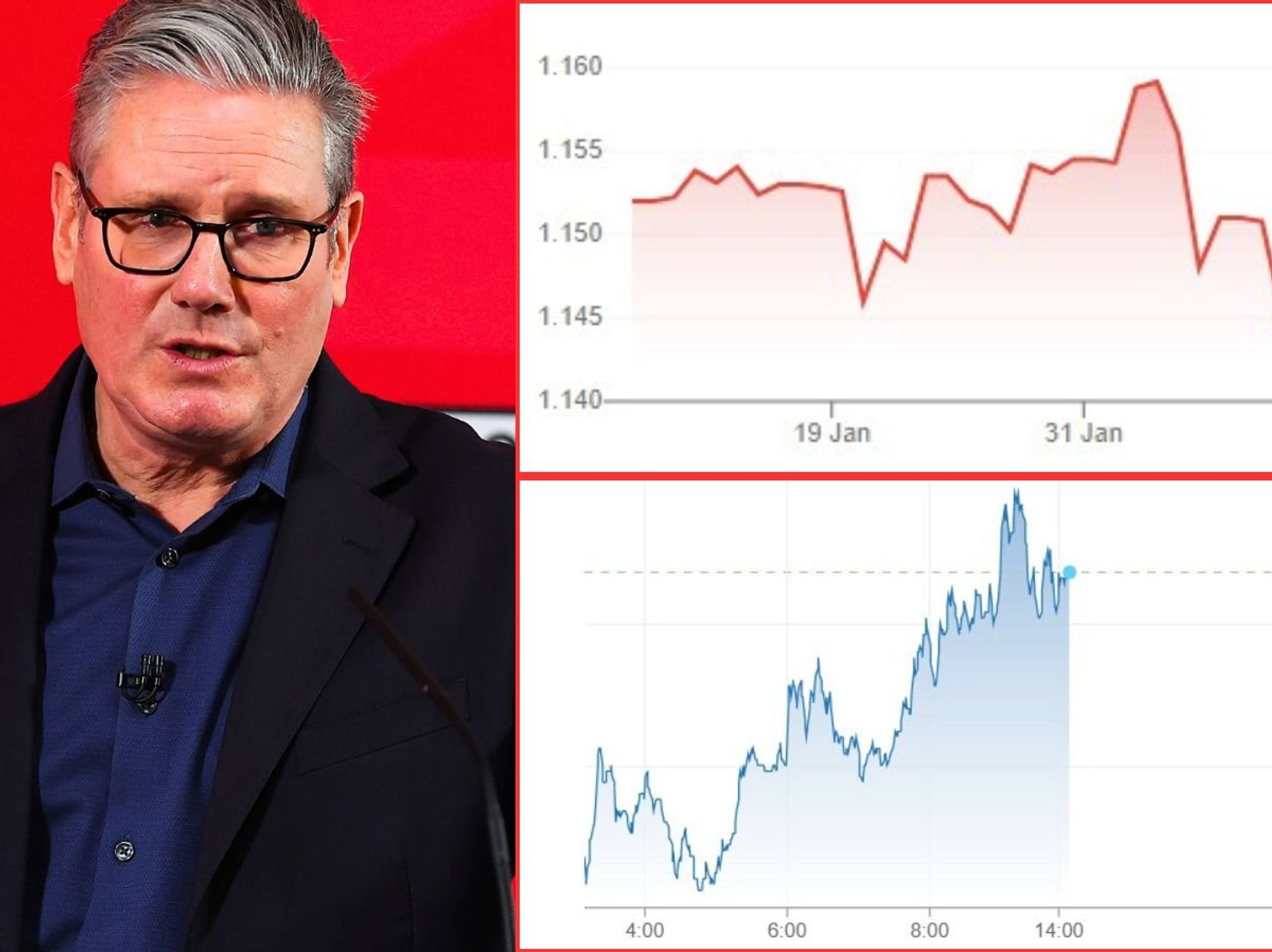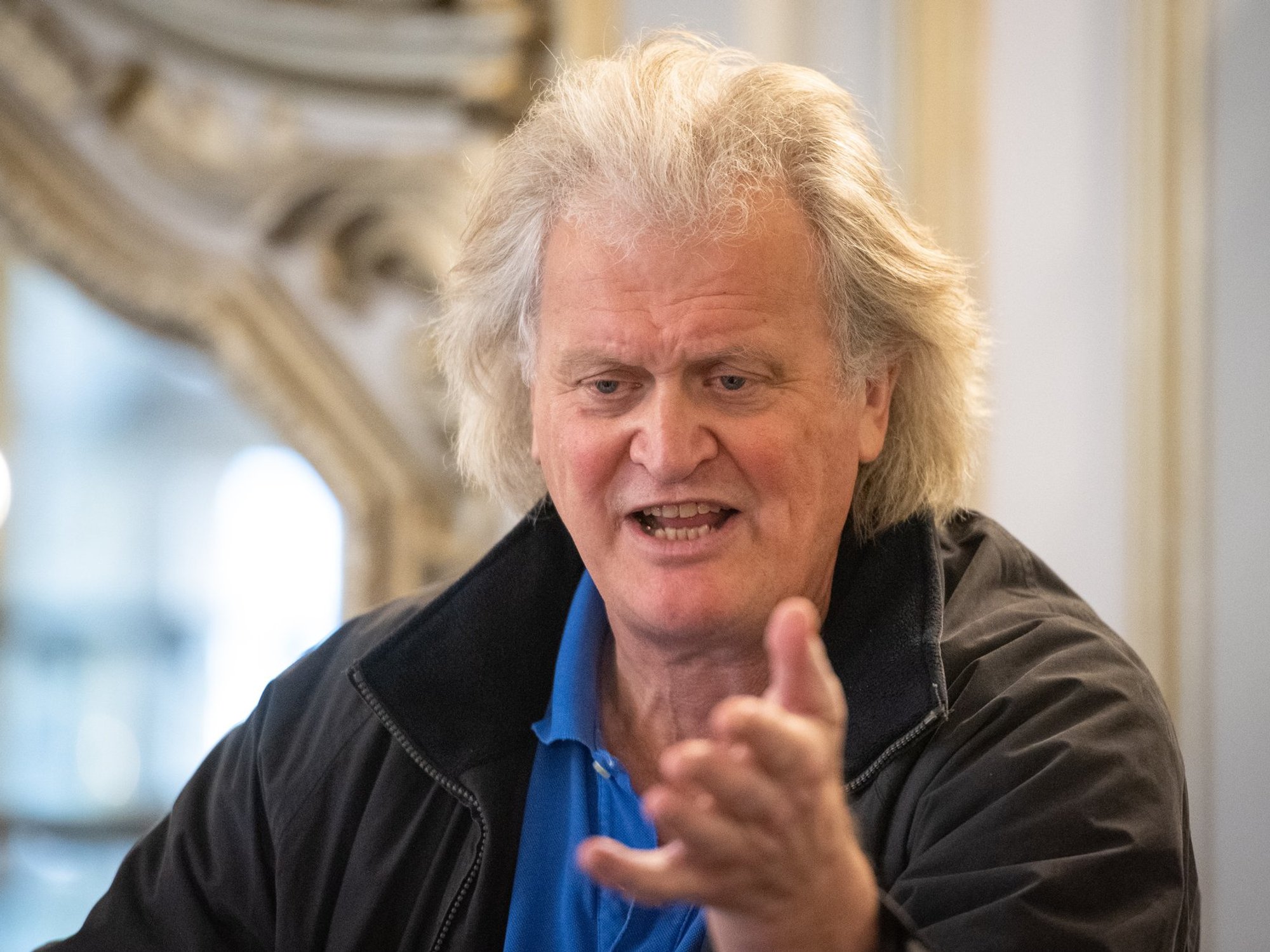Ann Widdecombe remains firm on death penalty stance as Peter Sullivan case sparks outrage: 'Must be direct evidence!'

Peter Sullivan has had his conviction quashed by the court of appeal after nearly 40 years behind bars
Don't Miss
Most Read
Reform UK spokeswoman Ann Widdecombe has voiced her support for reintroducing the death penalty in the UK, following one of the longest miscarriages of justice in UK history.
Speaking on GB News, the former Conservative minister said she was "very comfortable" with bringing back capital punishment.
After nearly 40 years in prison, Peter Sullivan has been cleared for release following fresh DNA evidence testing.
Sullivan had always maintained his innocence during his 38 years behind bars, and will now be released after having his conviction quashed by the Court of Appeal.
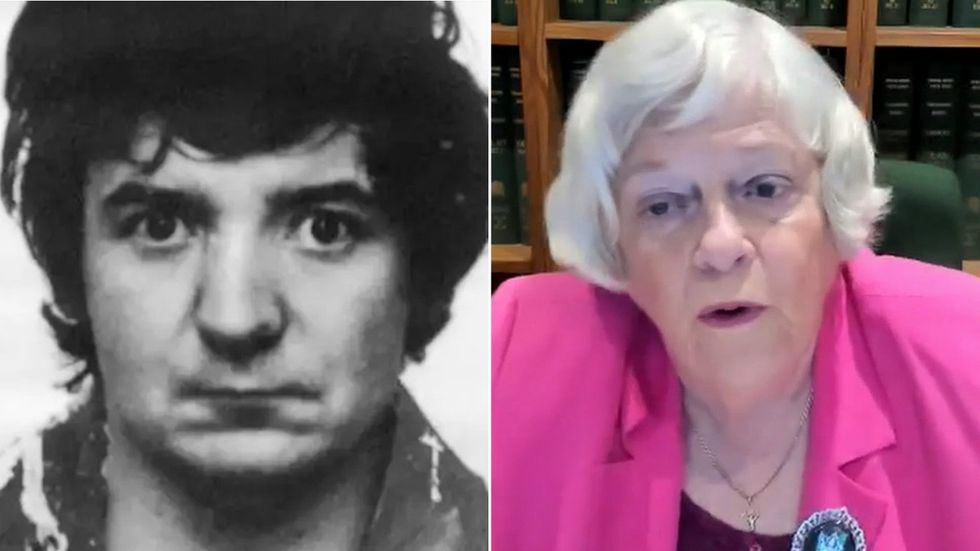
Ann Widdecombe has called for the return of the death penalty with 'direct evidence' following the misjustice of Peter Sullivan
|PA / GB News
Discussing the case, former Prisons Minister, Ann Widdecombe outlined specific parameters under which she believes the death penalty should be applied.
She emphasised the need for "direct evidence" rather than circumstantial evidence in capital cases.
"My view has always been that if you do restore death penalty, and I am in favour of that, you need to say that for the death penalty to be enacted, there must be direct evidence," Widdecombe stated.
She specified this would include "clear and irrefutable DNA evidence, or somebody being caught in the act, or somebody like some of the terrorists having done it and then boasted about it afterwards."
LATEST DEVELOPMENTS:
 Sullivan was found guilty of the 1986 murder of 21-year-old Diane Sindall in Bebington, Merseyside, in 1987 | PA
Sullivan was found guilty of the 1986 murder of 21-year-old Diane Sindall in Bebington, Merseyside, in 1987 | PAWiddecombe suggested these requirements would serve as a "safeguard" against wrongful executions, such as Sullivan's.
"What is more is all the evidence was circumstantial. People had seen him coming from a fire, and the fire in question concerned the dead girl's clothes," she explained.
She pointed out there was "nothing direct at all" in Sullivan's case, except for a confession that was later withdrawn.
"He'd been seen in that area. There was no direct evidence. He did confess, and then withdrew the confession and then confessed again and then withdrew it," Widdecombe said.
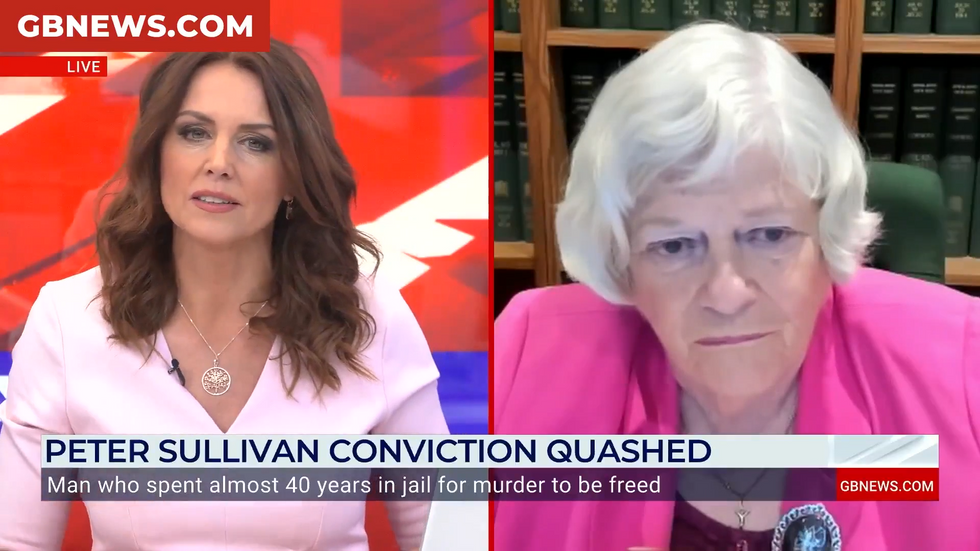
Widdecombe told GB News that there was 'no direct evidence' that tied Sullivan to the crime
|GB News
She highlighted that DNA evidence, which wasn't used in the original case, had now "exonerated him." Widdecombe further defended her position by noting historical precedent in UK law.
"I'm very comfortable with having the death penalty back," she stated firmly. She explained that when capital punishment existed in Britain, it was applied selectively.
"When we did have the death penalty, not every murderer was executed. There were very clear lines on what constituted capital murder and what constituted other murder, very clear lines indeed."
The Reform UK spokeswoman acknowledged the difficulty such cases present for victims' families.
"Obviously it would be very difficult; it always is difficult telling the relatives. In this case, a man has been in jail who isn't guilty. The man who is guilty may well still be wandering around."


